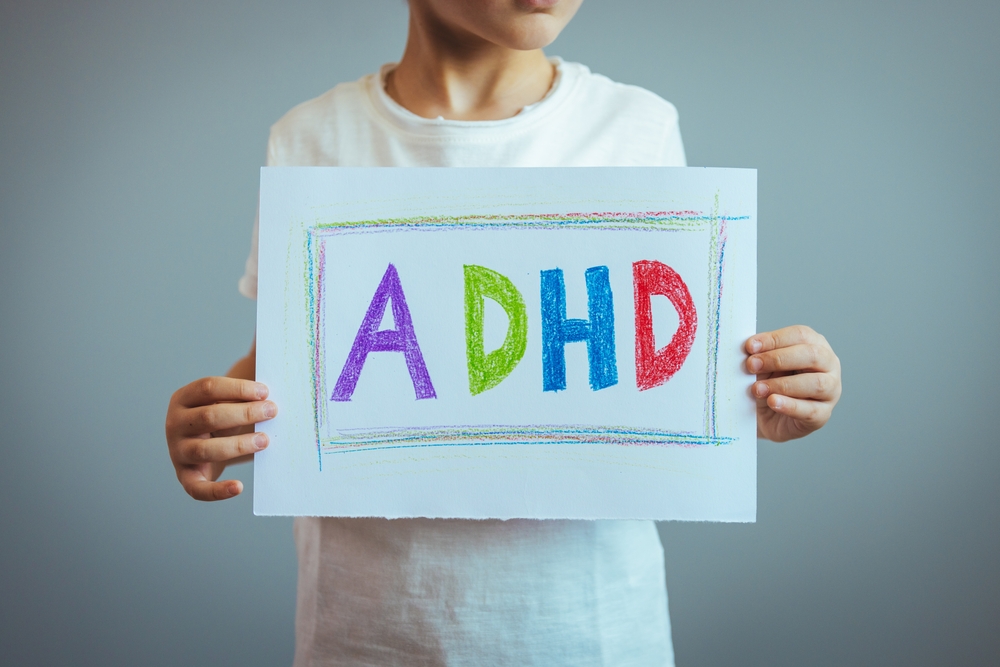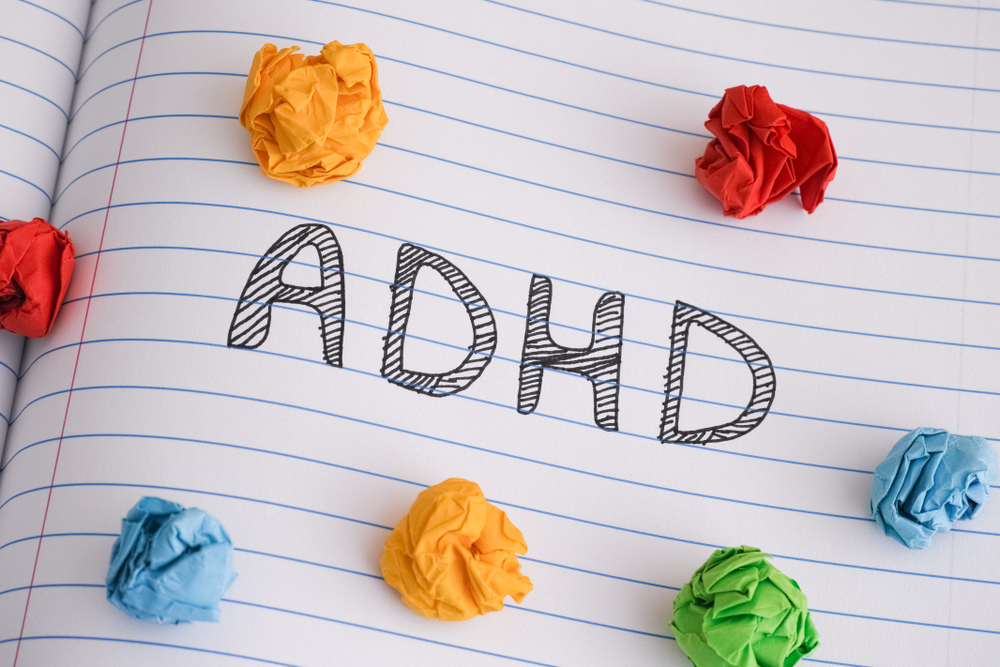ADHD is slowly becoming understood on a mass basis. That being said there are still aspects of ADHD being discovered, that is why it is important to separate the fact from fiction when it comes to this complicated condition.
With that in mind, in this blog, we will explore the question ‘What are the common myths and facts about ADHD?’
The Brain Workshop is a dedicated team of professionals devoting to working with individuals who struggle with learning, in addition to those who want to learn how to learn to the best of their ability.
Our mission is to help turn people’s learning weaknesses into strengths. Regardless of age or profession, our compassionate team is here to provide testing, training tools, patience, and compassion to help our students thrive by realizing their potential.
What are the most severe symptoms of ADHD?
The severity of ADHD symptoms can vary widely between individuals. While many people with ADHD experience manageable challenges, others may encounter more significant difficulties. Severe ADHD symptoms can significantly impact daily life, relationships, and overall well-being.
Some of the most severe ADHD symptoms include:
- Severe impulsivity: This can manifest as reckless behavior, difficulty controlling emotions, and engaging in risky activities without considering the consequences.
- Chronic inattention: Extreme difficulty focusing on tasks, even those that are enjoyable or important, can lead to significant academic, occupational, and personal challenges.
- Persistent hyperactivity: Constant restlessness, fidgeting, and an inability to sit still can disrupt daily routines and lead to social isolation.
- Co-occurring mental health conditions: ADHD often co-occurs with other mental health disorders such as anxiety, depression, or oppositional defiant disorder, which can exacerbate symptoms.
- Academic and occupational impairment: Severe ADHD can result in significant academic struggles, job instability, and difficulty maintaining relationships.
- Low self-esteem: The challenges associated with severe ADHD can contribute to feelings of inadequacy, shame, and low self-worth.
- Substance abuse: Individuals with severe ADHD may be at a higher risk of developing substance abuse problems as a way to self-medicate or cope with symptoms.
It’s essential to recognize that these symptoms can vary in intensity and presentation from person to person. If you or someone you know is experiencing severe ADHD symptoms, seeking professional evaluation and treatment is crucial.
What are the common myths and facts about ADHD?

ADHD, or Attention Deficit Hyperactivity Disorder, is a neurodevelopmental disorder that affects millions of people worldwide. Unfortunately, there are many misconceptions surrounding ADHD, which can lead to stigma,misunderstandings, and challenges for those living with the condition. Here are some common myths and the corresponding facts:
Myth 1: ADHD is just a label for bad behavior.
Fact: ADHD is a clinically diagnosed neurodevelopmental disorder characterized by persistent patterns of inattention,hyperactivity, and impulsivity. It is a brain-based condition, not a result of poor parenting or laziness.
Myth 2: ADHD only affects children.
Fact: While ADHD often becomes apparent during childhood, it can persist and even worsen into adulthood. Many adults with ADHD remain undiagnosed and struggle with symptoms that impact their personal and professional lives.
Myth 3: People with ADHD are just lazy or unmotivated.
Fact: Individuals with ADHD often experience difficulties with focus, organization, and time management, which can contribute to challenges in completing tasks. However, they are not inherently lazy or lacking in motivation.
Myth 4: ADHD is caused by sugar or food additives.
Fact: There is no scientific evidence to support the claim that diet causes ADHD. While certain foods might affect behavior in some individuals, they do not cause the core symptoms of ADHD.
Myth 5: ADHD medication is addictive.
Fact: Stimulant medications commonly prescribed for ADHD have a low potential for abuse when used as directed.These medications help to regulate brain activity and improve focus, allowing individuals with ADHD to function more effectively.
Myth 6: ADHD is a fad diagnosis.
Fact: ADHD is a well-researched and recognized condition with clear diagnostic criteria. The increasing awareness of ADHD has led to more accurate diagnoses, but it does not mean the condition is overdiagnosed.
Myth 7: ADHD is a childhood phase that people will grow out of.
Fact: While some symptoms may lessen over time, ADHD is a lifelong condition for many individuals. While management strategies can help, it’s important to understand that ADHD is not something that simply disappears.
Myth 8: People with ADHD are more intelligent than those without it.
Fact: There is no scientific evidence to support this claim. Intelligence is a separate construct from ADHD. Some individuals with ADHD may excel in certain areas, but this is not a universal characteristic of the condition.
Myth 9: ADHD medication is a quick fix.
Fact: Medication is one component of ADHD treatment, but it is not a standalone solution. Therapy, behavior modification techniques, and accommodations are also essential for managing ADHD symptoms effectively.
Myth 10: ADHD is more common in boys than girls.
Fact: ADHD affects both boys and girls, although the presentation of symptoms may differ. Girls are often overlooked or misdiagnosed due to different behavioral patterns.
It is crucial to challenge these myths and promote accurate information about ADHD. By dispelling misconceptions, we can create a more supportive and understanding environment for individuals with ADHD.
Can ADHD be misdiagnosed?

Yes. ADHD can be extremely complex, and some symptoms may manifest strongly as a symptom of another condition. Additionally, the quality of a diagnosis will affect its precision. So when it comes to ADHD, it is best to consult an expert.
- Anxiety Disorders: Conditions like generalized anxiety disorder, social anxiety, or specific phobias can share symptoms with ADHD, such as restlessness, difficulty concentrating, and irritability.
- Mood Disorders: Depression and bipolar disorder can exhibit symptoms that mimic ADHD, including changes in mood, energy levels, and difficulty concentrating.
- Learning Disabilities: Conditions like dyslexia or dyscalculia can co-occur with ADHD and may lead to similar academic challenges.
- Oppositional Defiant Disorder (ODD): Symptoms of impulsivity, irritability, and defiance can overlap with ADHD, making differentiation difficult.
- Conduct Disorder: This condition, characterized by persistent antisocial behavior, can be misdiagnosed as ADHD due to shared symptoms of impulsivity and aggression.
- Sleep Disorders: Sleep apnea or restless leg syndrome can cause daytime fatigue and difficulty concentrating, mimicking ADHD symptoms.
- Sensory Processing Disorder: Challenges with sensory input can lead to behaviors similar to ADHD, such as hyperactivity or inattention.
It’s essential to receive a comprehensive evaluation from a qualified mental health professional to accurately diagnose ADHD and rule out other potential conditions. A thorough assessment often includes a detailed history, behavioral observations, and psychological testing.
Can trauma cause ADHD?
Trauma does not directly cause ADHD. However, there is a strong correlation between experiencing trauma, particularly in childhood, and the development of ADHD symptoms.
Here’s a breakdown of how trauma can impact ADHD:
- Symptom overlap: Both ADHD and trauma can manifest in symptoms like hyperactivity, impulsivity, and difficulty concentrating. This overlap can make diagnosis challenging.
- Exacerbation of symptoms: Trauma can intensify existing ADHD symptoms, making them more severe and disruptive.
- Delayed diagnosis: Trauma-related behaviors might overshadow ADHD symptoms, leading to delayed diagnosis.
- Increased risk factors: Children who experience trauma are more likely to exhibit behavioral problems, which can increase the risk of ADHD misdiagnosis.
It’s crucial to note that while trauma can contribute to ADHD-like symptoms, it’s not the sole cause. ADHD is a neurodevelopmental disorder with a genetic component. Understanding the relationship between trauma and ADHD is essential for effective treatment. Addressing both conditions is crucial for optimal outcomes.
Get guidance for ADHD today

If you are looking to optimize your learning potential, with the guidance of seasoned professionals with a wealth of experience, The Brain Workshop is here to help.
With courses available online and more, feel free to get in contact with us to see how we can help you today. Simply click here to get in touch.
In this blog, we hope to have addressed the question ‘How can adults manage ADHD in the workplace?’ whilst providing supplementary information, in addition to the vital services that we offer.
Contact Number:
+9714 24 34 620
Email:
info@thebrainworkshop.com
Address:
Office 216,
Apex Atrium Building,
Motor City
P.O.Box :
215578 Dubai, UAE






